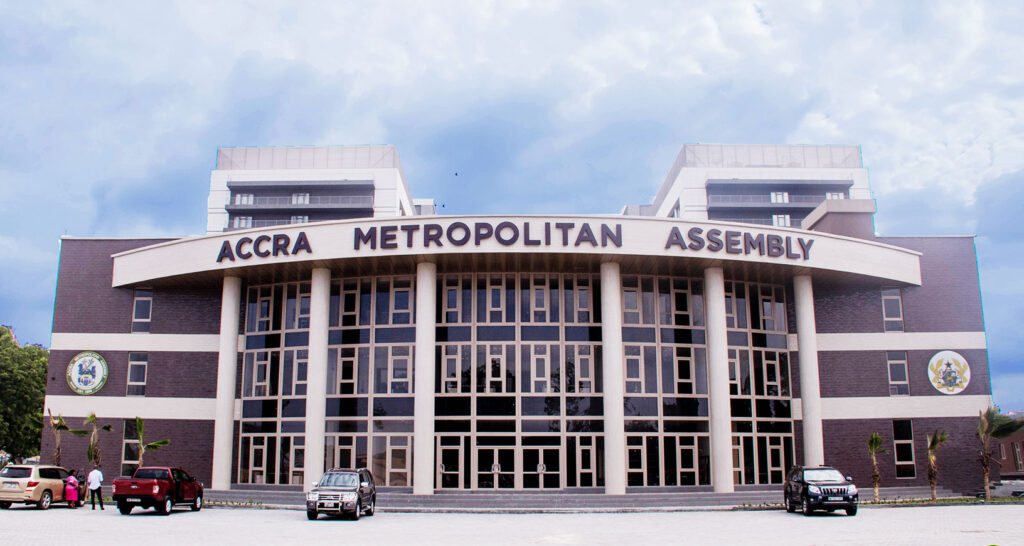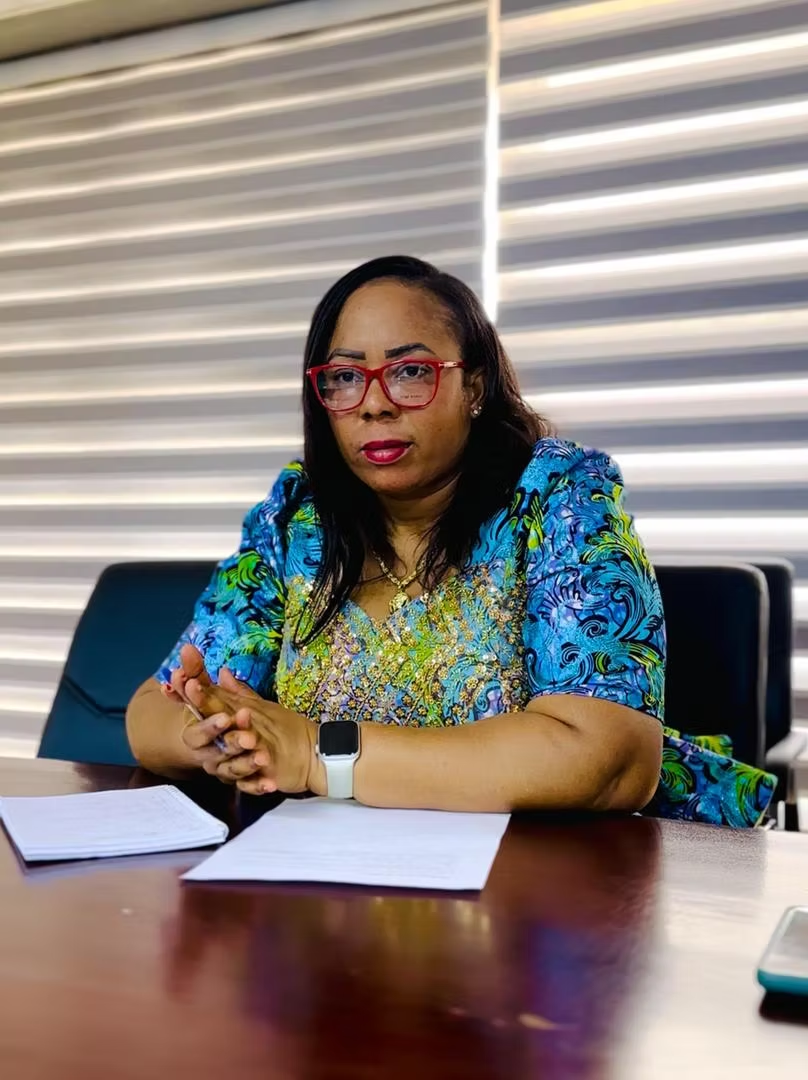The Greater Accra Regional Minister has called on Metropolitan, Municipal and District Assemblies (MMDAs) within the region to strictly adhere to Public Financial Management (PFM) guidelines when preparing their budgets for the 2026–2029 fiscal period.
The directive was issued during the official launch of the 2026–2029 Regional Composite Budget Hearing, which brought together key officials from all 29 MMDAs in the region. The event, held on Monday, October 20, 2025, forms part of efforts to ensure fiscal discipline, transparency, and consistency in public sector budgeting at the local level.
Speaking on behalf of the Regional Minister, the Director of the Greater Accra Regional Coordinating Council (RCC), Mrs. Lilian Baeka, underscored the importance of compliance with the PFM guidelines issued by the Ministry of Finance. She explained that adherence to these rules would strengthen accountability mechanisms and improve the credibility of government spending.
“Our hearings will be conducted on a zonal basis concurrently across all 29 MMDAs in the Greater Accra Region from Monday, October 20 to Friday, October 25. As we deliberate on our regional budgets, let us be guided by the laws and by the 2026–2029 budget preparation guidelines issued by the Ministry of Finance,” Mrs. Baeka stated.
She further urged the assemblies to ensure that their budgets reflect realistic revenue projections and align with national priorities under the government’s medium-term development framework. “Budget preparation should not be a routine exercise. It must be a strategic tool for development planning and service delivery,” she emphasized.
The Public Financial Management (PFM) Act, 2016 (Act 921), and its accompanying regulations serve as the foundation for fiscal governance in Ghana. These laws are designed to promote transparency, accountability, and effective use of public resources across all levels of government. For local authorities, compliance with PFM principles is critical in ensuring that funds allocated for development projects are utilized efficiently and in line with national objectives.
According to the Regional Coordinating Council, the 2026–2029 budget hearings are expected to provide a platform for assemblies to justify their financial proposals, discuss expenditure priorities, and identify funding gaps. The hearings also aim to promote inter-district learning and foster collaboration between technical and political leaders in the budgeting process.

While acknowledging progress in financial management at the local level, Mrs. Baeka noted that several challenges continue to hinder effective budgeting among MMDAs. These include the persistent issue of exceeding approved budget ceilings, limited technical capacity in financial planning, and weaknesses in data collection and analysis.
“Inadequate capacity and deficiencies in data management are affecting evidence-based decision-making,” she said. “Assemblies must strengthen their internal systems and invest in building the technical competencies of their staff.”
She also highlighted the need for improved revenue generation through digital systems, urging MMDAs to embrace technology to enhance efficiency and reduce leakages in local revenue collection. “We must leverage digital tools to improve our revenue mobilization efforts. Automation not only increases transparency but also boosts public confidence in our financial systems,” she added.
The call for enhanced digital revenue collection aligns with Ghana’s broader digitalization agenda spearheaded by the Ministry of Finance and the Ghana Revenue Authority (GRA). Over the past few years, several assemblies, including the Accra Metropolitan Assembly (AMA) and Ga East Municipal Assembly, have introduced electronic payment platforms to track fees and taxes more effectively.
Experts say that adopting digital tools can significantly reduce manual errors, improve reporting, and curb revenue leakages—a key challenge that has long plagued local governance structures. By integrating technology into their operations, MMDAs are better positioned to expand their revenue base and improve service delivery in sectors such as waste management, infrastructure development, and health.

Fiscal discipline remains a key priority in Ghana’s governance framework as the country works to stabilize its economy under the ongoing International Monetary Fund (IMF) programme. Local governments play a crucial role in this effort, as they are responsible for implementing a significant portion of development projects across the country.
Experts argue that without effective budget management at the local level, national fiscal stability cannot be sustained. Strengthening the capacity of assemblies to plan, implement, and monitor budgets according to PFM standards is therefore essential to achieving long-term economic goals.
As the 2026–2029 budget cycle approaches, the Greater Accra Regional Coordinating Council has emphasized its commitment to ensuring that all MMDAs comply with budget preparation guidelines. The Council plans to intensify monitoring and evaluation to ensure timely reporting, fiscal discipline, and value for money in all projects executed under the new budget framework.
Mrs. Baeka concluded by reminding assembly members that effective budgeting is not only a legal requirement but also a development imperative. “The strength of our region’s growth depends on how well we plan and use our financial resources. Let us demonstrate accountability, innovation, and commitment in every step of the budgeting process,” she urged.
The regional budget hearings will continue until October 25, after which the finalized budgets will be submitted to the Ministry of Finance for approval ahead of the 2026 fiscal year.
Read also: Private SHSs Back Free SHS Pilot Despite Funding Concerns — CHOPSS

